In 1992, Pepsi tried to outshine its rival Coca-Cola in the Philippines with a flashy bottle cap giveaway called “Number Fever.” What started as a clever marketing idea quickly spiraled into chaos after a printing mishap created hundreds of thousands of accidental “winners.” Here’s how a bottle cap blunder caused one of the wildest marketing disasters ever.
Pepsi Pushed Hard to Win Market Share
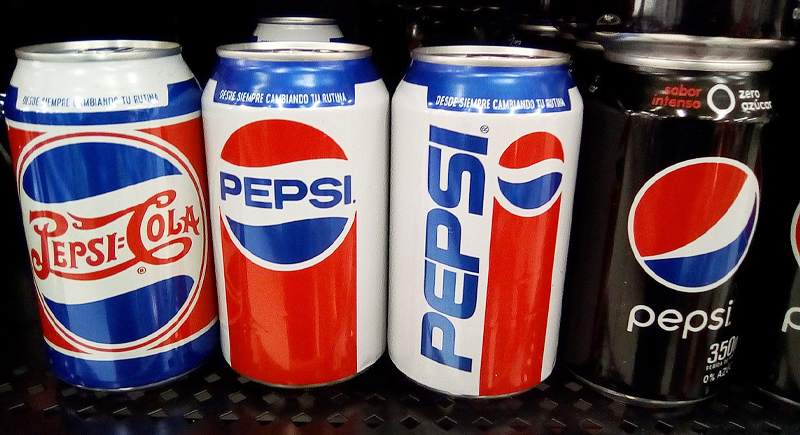
Credit: Wikimedia Commons
In the Philippines, Coca-Cola held 75% of the market, while Pepsi had just 17%. “Number Fever” was their attempt to close the gap by tapping into a love for lottery-style prizes. The company promised huge rewards, and the public responded big time. Within months, Pepsi’s market share jumped to 24%.
A Contest Built for Maximum Buzz
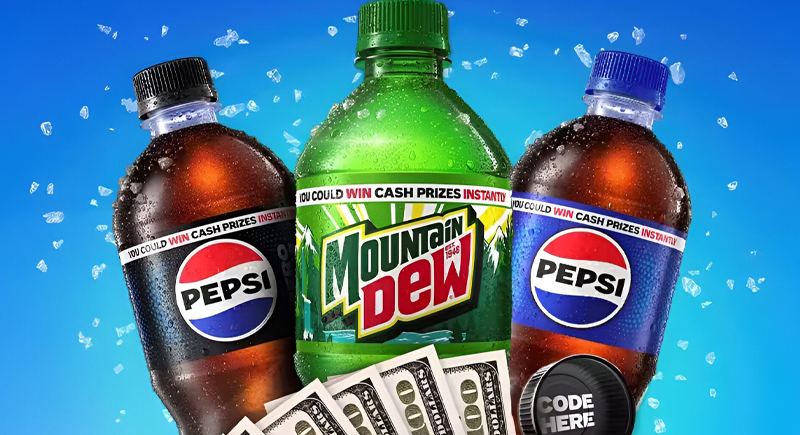
Credit: Facebook
Pepsi aimed straight for the excitement of chance, with daily prize announcements broadcast on primetime TV. Around 31 million people—nearly half the country’s population—participated. Bottle caps from Pepsi, 7-Up, Mountain Dew, and Mirinda carried numbers that could win anything from a few pesos to one million.
One Digit Changed Everything
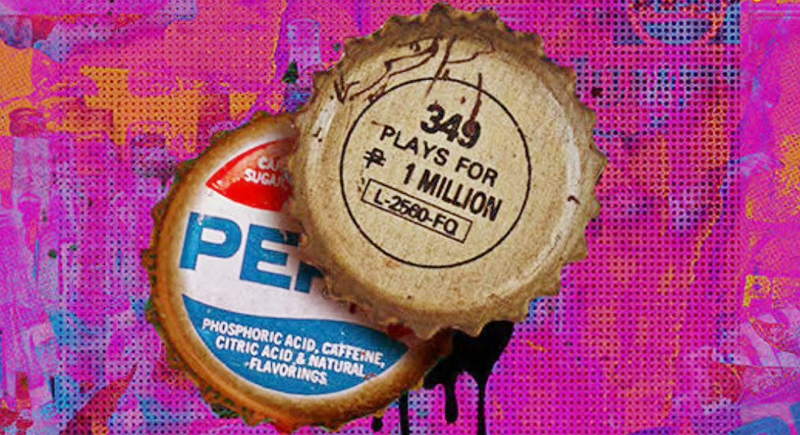
Credit: Facebook
Pepsi had planned just two million-peso-winning bottle caps, each with a unique security code. On May 25, 1992, the winning number announced on national news was 349. Instead of just two winning caps, a computer error had accidentally produced 800,000 bottle caps with that number.
People Thought They’d Become Millionaires

Credit: Getty Images
In a country where the average monthly salary hovered around $100, the grand prize of one million pesos—about $40,000—was life-altering. So when hundreds of thousands of people saw “349” under their caps, they believed they’d struck gold. The next morning, crowds swarmed Pepsi bottling plants to claim their money.
Pepsi Had No Easy Way Out
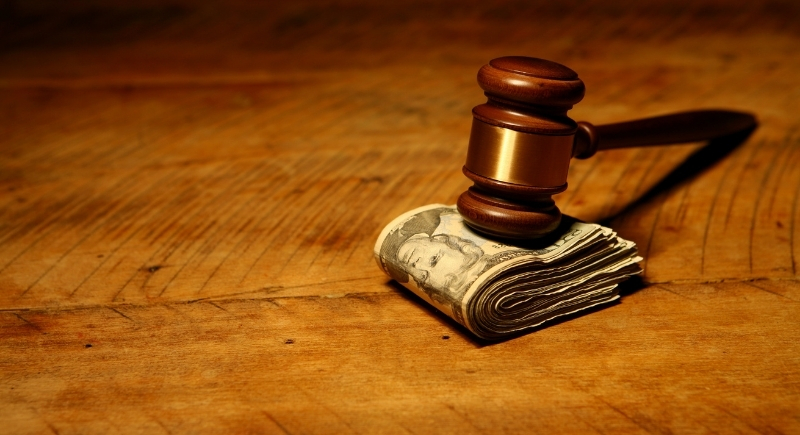
Credit: Getty Images
Honoring all 800,000 “winning” caps would have cost Pepsi around $32 billion—more than half the Philippines’ entire GDP at the time. Instead, the company offered a goodwill payment of 500 pesos (about $18–20) per bottle cap to help settle the storm, but many became more enraged.
Riots Erupted Across the Country
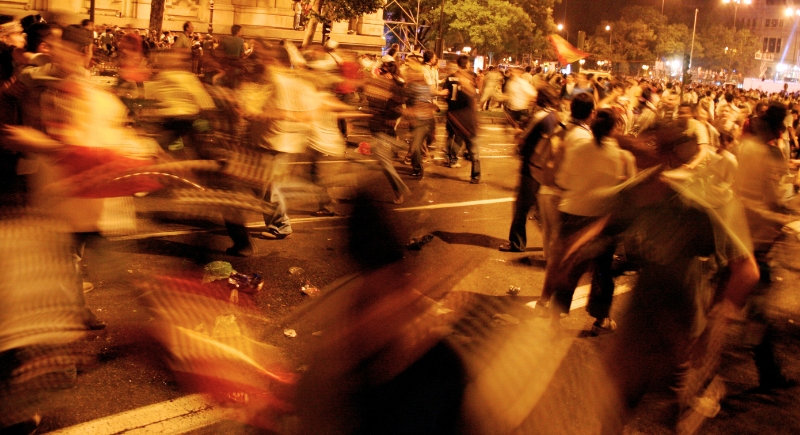
Credit: iStockphoto
Things turned ugly fast. People accused Pepsi of false advertising, and they started riots. Protesters threw Molotov cocktails at Pepsi trucks. Bottling plants were targeted, and offices were surrounded by barbed wire. Mobs overturned delivery vehicles, until executives had no choice but to hire security guards.
Some Protesters Took It Even Further
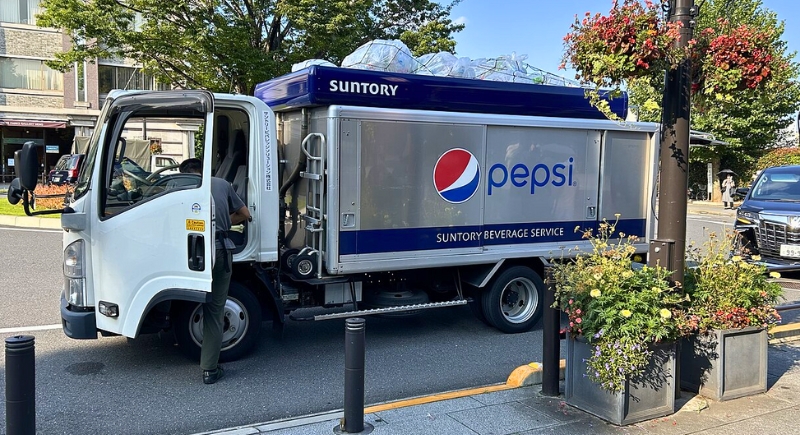
Credit: Wikimedia Commons
On February 13, 1993, a homemade explosion aimed at a Pepsi truck in Manila ended up claiming the lives of a schoolteacher and a young girl. Just a few months later, three more people vanished in a chaotic scene at a Pepsi warehouse. These weren’t isolated acts of vandalism anymore.
The Phrase “349ed” Entered Filipino Slang
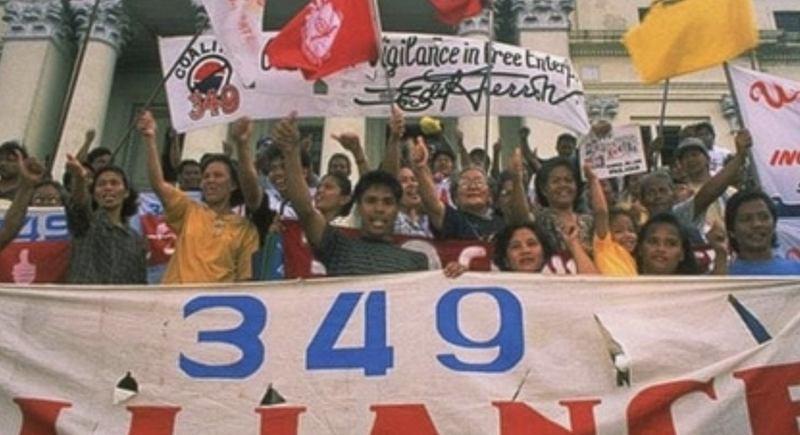
Credit: Wikimedia Commons
Language has a way of capturing collective frustration, and “349ed” became a part of everyday Filipino slang. It meant getting cheated or played, usually by someone big or powerful. For years, it was used as shorthand for broken promises.
Legal Battles Dragged On For Years
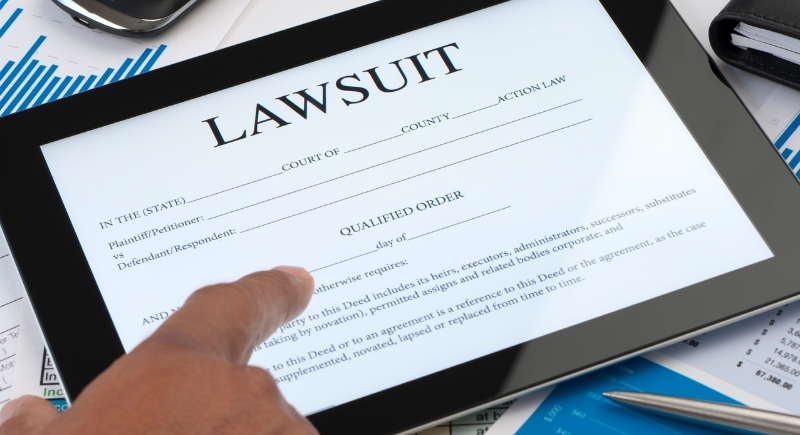
Credit: Getty Images
Pepsi faced a mountain of lawsuits. Roughly 22,000 people filed legal claims, including 689 civil suits and over 5,000 complaints. In 2006, the Philippine Supreme Court ruled Pepsi wasn’t liable since the caps lacked the correct security code. Still, the damage to public trust was already done.
A Misprint That Made International Headlines
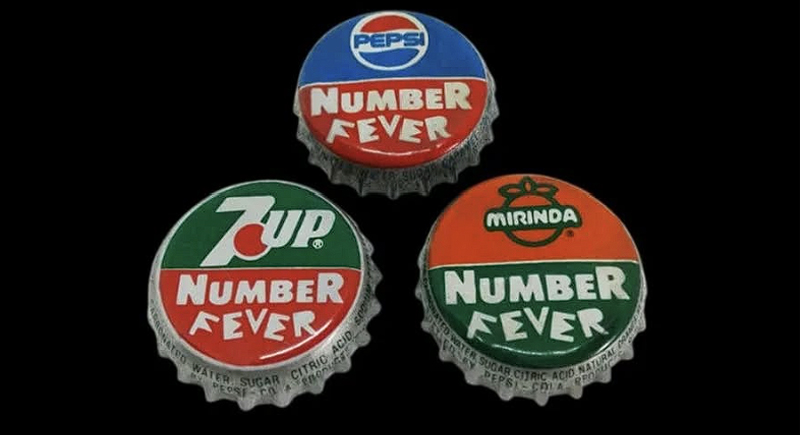
Credit: Instagram
The scandal didn’t stay local. News of Pepsi’s “349” disaster spread beyond Asia and drew attention from the international press. The magnitude of the error—both financial and social—was staggering. It even inspired marketing students and scholars to dissect the event as a worldwide cautionary tale in business schools.
There Was a Netflix Nod Decades Later
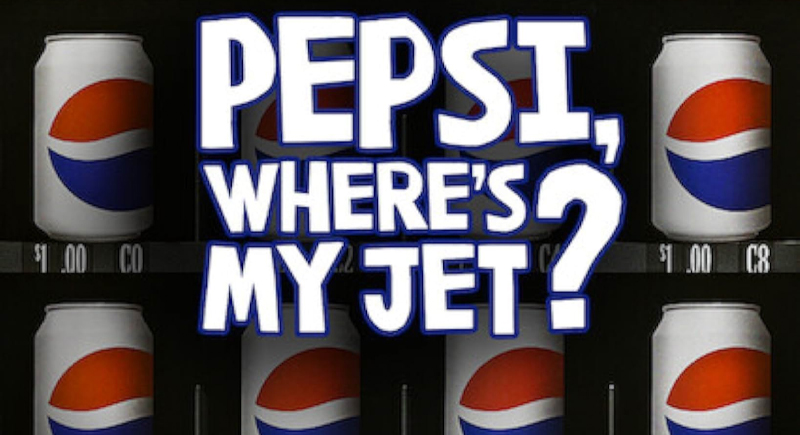
Credit: IMDb
In 2022, the story made a cameo in the Netflix documentary Pepsi, Where’s My Jet? Although the show focused on a separate marketing fiasco in the U.S., it mentioned the “349” incident as an example of advertising stunts going sideways.
Pepsi Was Fined, But Not Much
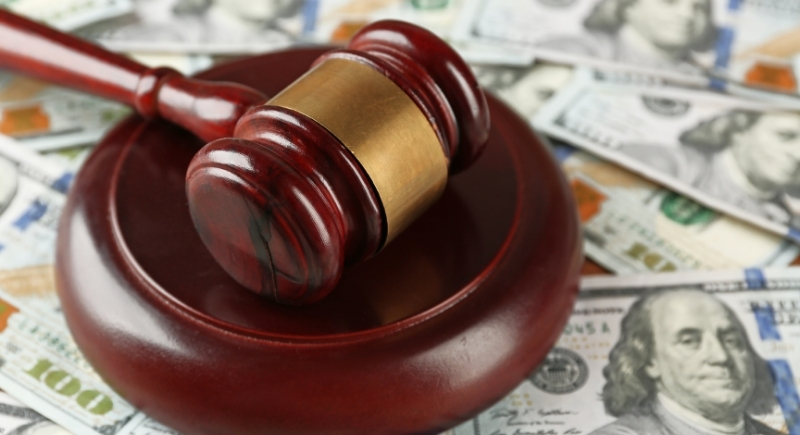
Credit: pixelshot
Despite all the lawsuits and violence, the Philippine government didn’t impose a massive penalty. The Department of Trade and Industry fined Pepsi just 150,000 pesos, or around $6,000 at the time. Critics thought it was a slap on the wrist, considering the scale of the public fallout.
The Marketing Firm Behind the Error

Credit: Getty Images
D.G. Consultores, a Mexican consultancy, built the flawed system behind the promotion. They had worked with Pepsi to manage the number selection and printing process. The glitch that caused the mass 349 print came from a local bottling plant’s computer, not the central database.
Executives Took Extreme Security Measures
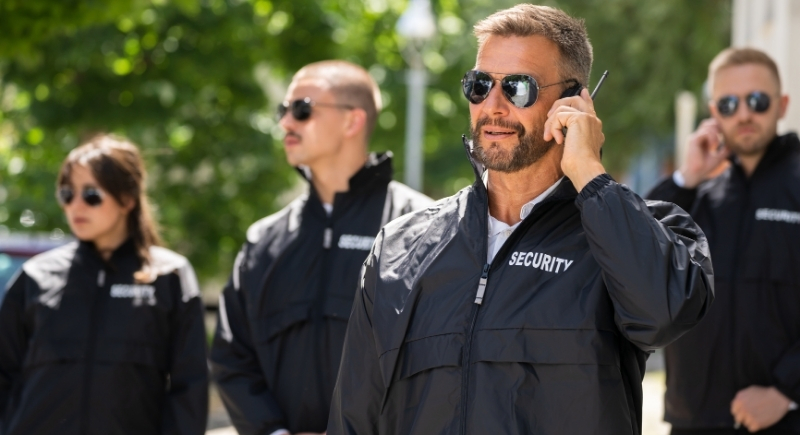
Credit: Getty Images
As the scandal escalated, Pepsi’s leadership didn’t take chances. Most of the company’s foreign staff in the Philippines left the country. One senior manager who had experience in Beirut was brought in to manage the situation. Bodyguards escorted executives to work, and some reportedly slept in secure locations.
The Whole Thing Won a Joke Prize
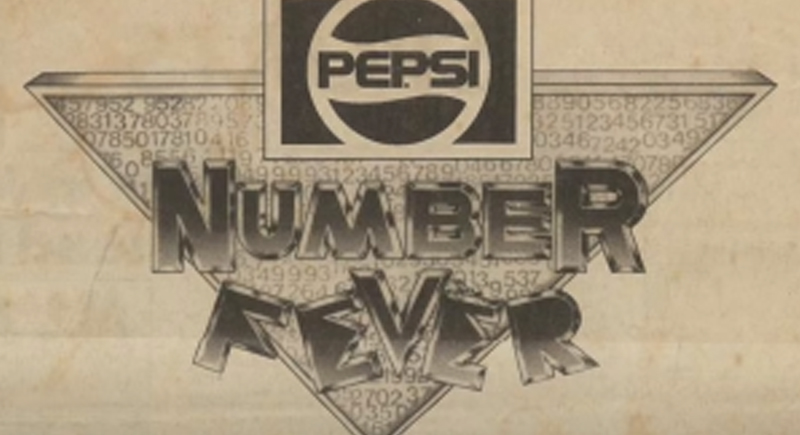
Credit: Wikimedia Commons
In 1993, the campaign received the Ig Nobel Peace Prize—a parody award that honors unusual or trivial achievements in science and culture. The satirical nod went to Pepsi for “bringing many warring factions together... in riot.” It was a strange honor, but oddly fitting.
